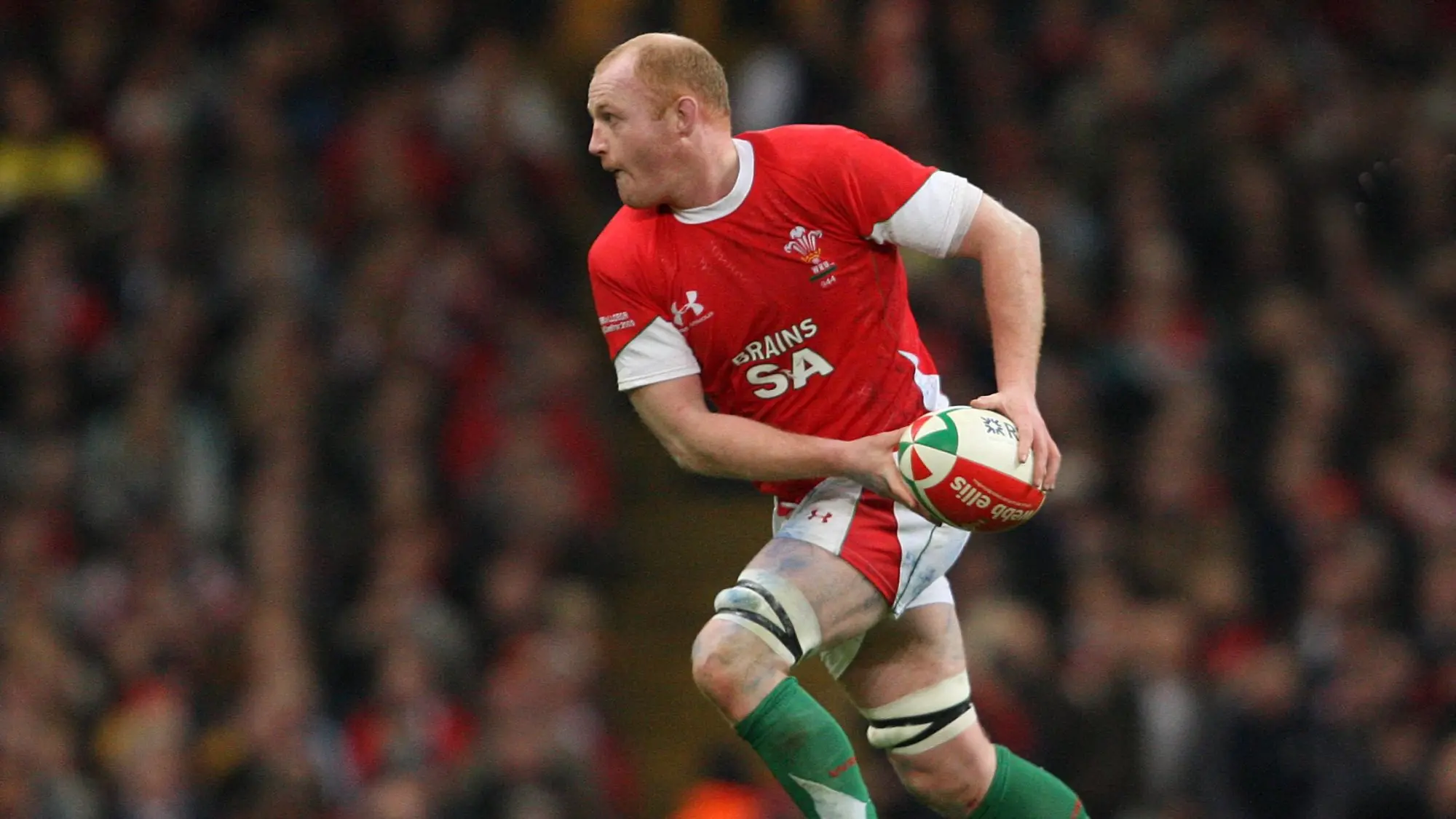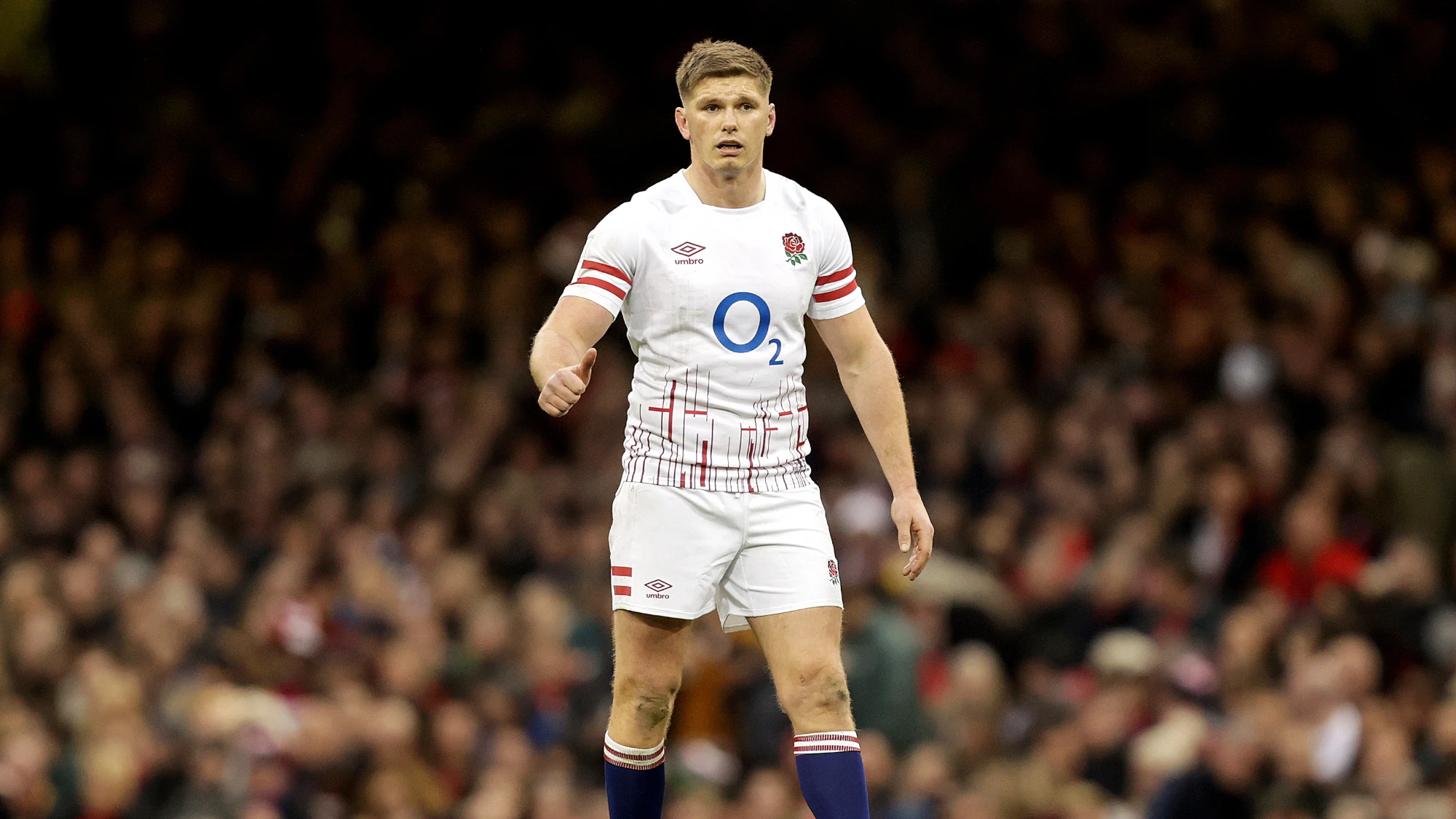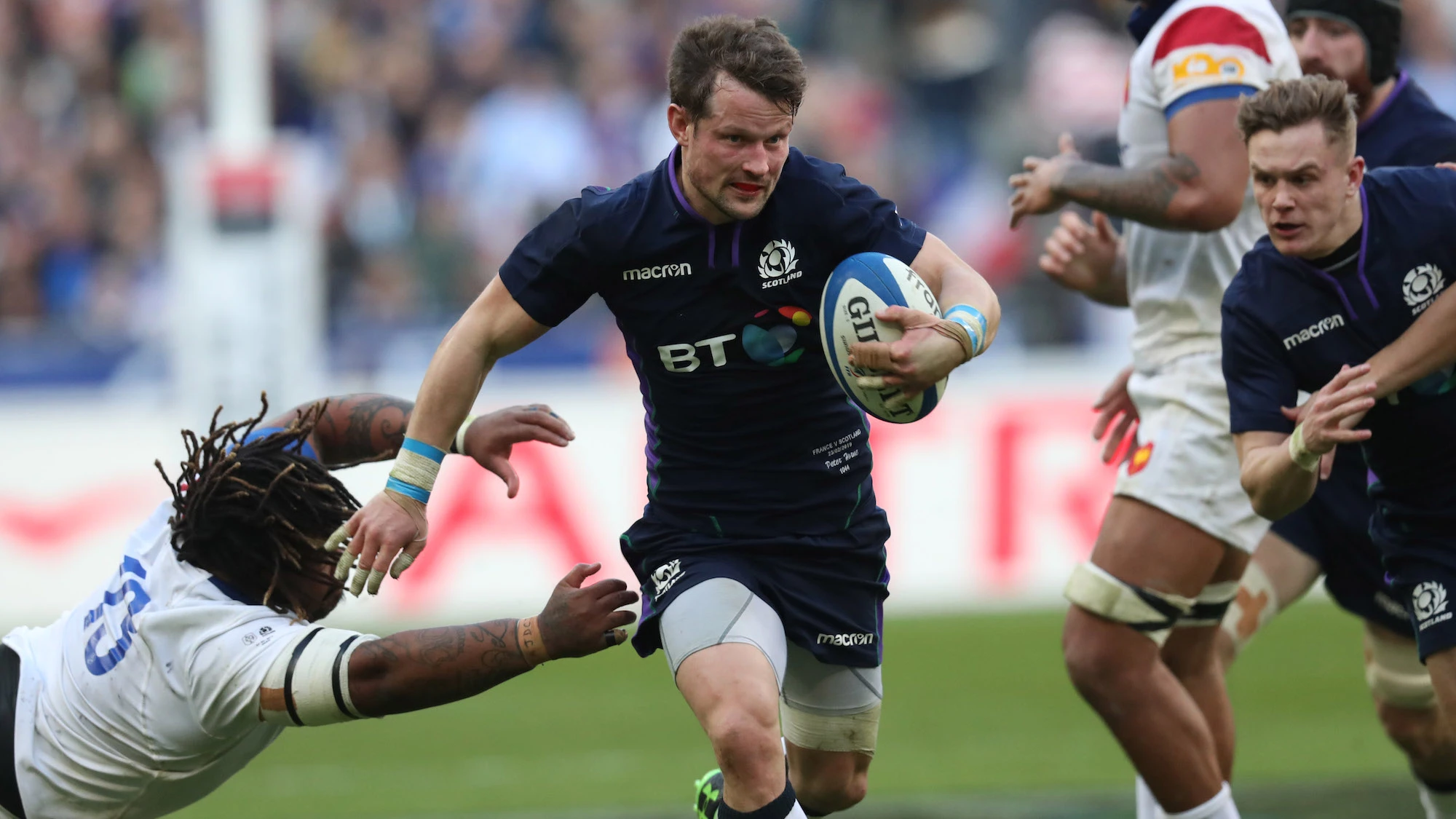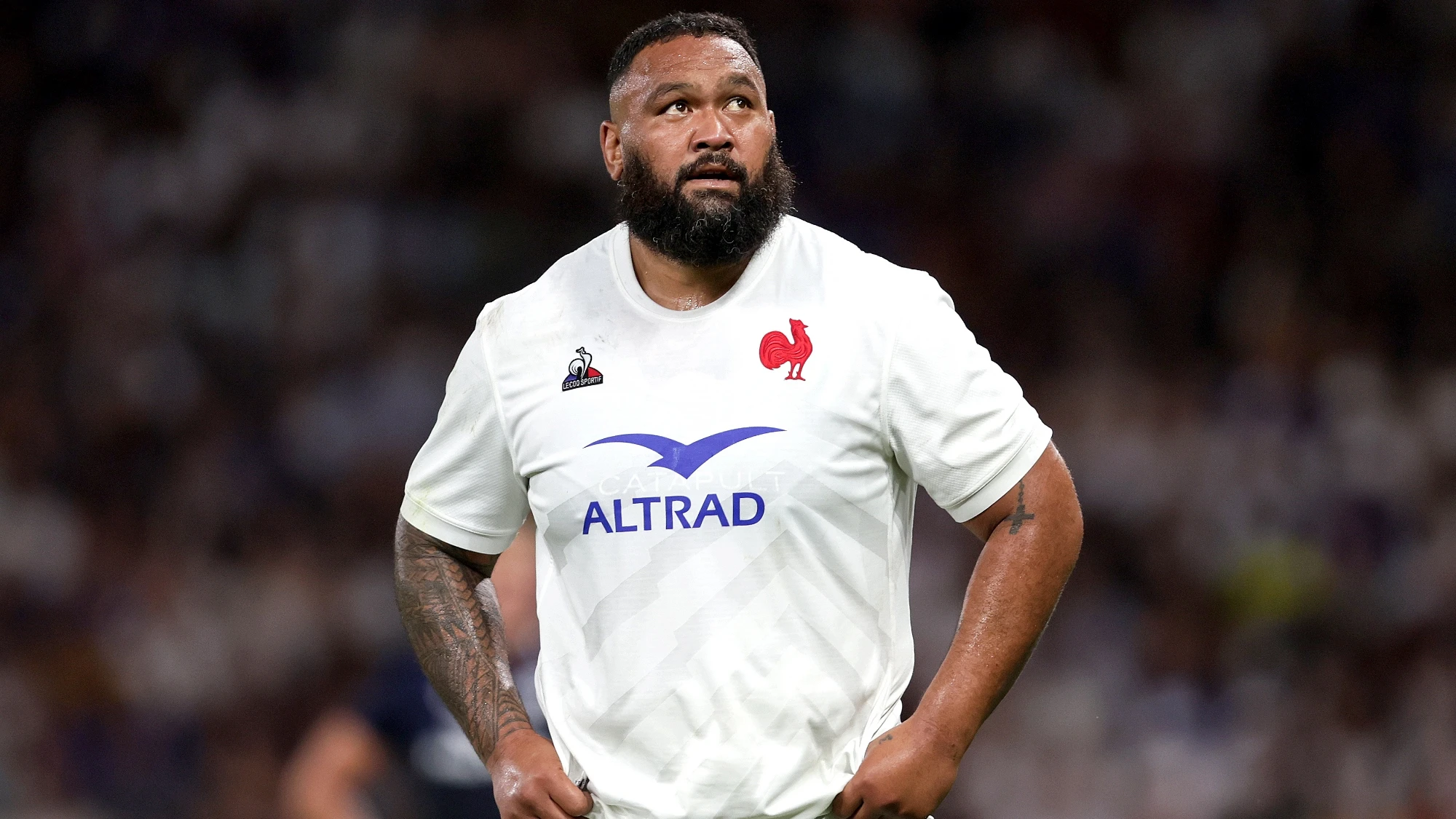Over the 20 years since Italy joined the Championship, the Guinness Six Nations has provided countless magical moments, stunning tries and special players.
And as we head into the 2020 Guinness Six Nations, it feels like the perfect time to reflect on those players who have had the biggest impact on the last two decades.
In the build-up to the opening match between Grand Slam champions Wales and Italy, we are counting down some of the best players to have graced the Championship and today it’s the turn of the flankers.
In alphabetical order:
Neil Back (ENGLAND)
Neil Back boasts a near 80 per cent win record in the Six Nations and is the first of three men who helped define one of England’s greatest sides on this list.
Back played across seven Championships in both the Six Nations and Five Nations era and won it three times before retiring from international duty in 2005.
The standout campaign of course was in 2003 when he and England won the Grand Slam in his final campaign, with Back having previously won the title in 2000 and 2001.
John Barclay (SCOTLAND)
Only five men have played as a flanker more times in the Guinness Six Nations than John Barclay’s 36 outings in a Scotland shirt.
The 2010 Championship saw Barclay produce some of his best rugby as he formed a powerful trio with Glasgow teammates Kelly Brown and Johnnie Beattie, the Killer Bs.
He was particularly impressive in Scotland’s clash with Ireland as he helped his team record a victory at Croke Park.
Having fallen down the pecking order later in his career, Barclay fought back to become Scotland skipper under Gregor Townsend before calling time on his Test involvement in 2019.
Mauro Bergamasco (ITALY)
Mauro Bergamasco’s Six Nations story started at the same time as Italy’s as he took to the field in their stunning debut defeat of Scotland in 2000.
The 34-20 success, which saw Italy announce themselves to the tournament by beating the then Five Nations champions, would prove to be one of his and his country’s finest hours.
While most remember the half he played at scrum-half during an injury crisis against England in 2009, Bergamasco also featured on the wing earlier in his career.
But it was at flanker that the versatile Italian was most successful and alongside his great teammate Sergio Parisse, he was part of a strong Azzurri outfit.
Bergamasco, whose younger brother Mirco was also a key man in the Italy back line, called time on his career in 2015.
Serge Betsen (FRANCE)
The 200 stitches he claimed he had in his head throughout a 15-year career tells you all you need to know about the no compromise approach of Serge Betsen.
A three-time Championship winner, including Grand Slam triumphs in 2002 and 2004, Betsen’s finest hour came in 2002 as he dominated Jonny Wilkinson in a 20-15 victory for Les Bleus.
Betsen’s dominance saw Wilkinson replaced and led then England boss Sir Clive Woodward to claim: “He is the only player I can say was the single-handed reason we lost the match.”
Thierry Dusautoir (FRANCE)
One of Betsen’s successors in the French back row, Thierry Dusautoir was a fixture for Les Bleus for nearly a decade.
While some of his best performances came in the World Cup, Dusautoir captained the French team that won the Grand Slam in 2010, and few have matched his appetite for tackling.
An inspirational figure as a leader, he captained Les Bleus under both Marc Lièvremont and Philippe Saint-André before retiring in 2015.
Richard Hill (ENGLAND)
Like Back, Richard Hill was a key member of the England team which stamped their name across the early years of the Six Nations.
Hill played 30 games at flanker for the Red Rose and famously was the only member of the England side not to be dropped by Woodward during his tenure.
He played in the Championship over the course of eight seasons, lifting the trophy three times including the 2003 Grand Slam.
Along with Dallaglio and Back, Hill formed a devastatingly efficient trio which allowed England to dominate opposition at the breakdown and set-piece.
Dan Lydiate (WALES)
Dan Lydiate’s Championship involvement may have been shorter than some players on this list, but as a Player of the Championship and a Grand Slam winner, he is certainly worthy of inclusion.
The blindside flanker was the central cog around which Shaun Edwards built his Welsh defence, and never was that more obvious than in 2012, when a young Welsh team stunned everyone on their way to the Grand Slam.
Lydiate was named man of the match in wins over Scotland and France and scooped the Player of the Championship award to boot.
Olivier Magne (FRANCE)
So often a teammate of Betsen in the French pack, Olivier Magne boasts an even more impressive record in the Championship.
Magne is a four-time Grand Slam winner, making him one of only two French forwards to achieve such a feat and he also has a World Cup final appearance in 1999 to his name.
Blessed with the pace of a three-quarter, Magne was a remarkable support runner and both before and after Italy’s arrival in the Championship, contributed some glorious tries.
He seemed to save his best for Scotland, scoring four of his 14 Test tries against them.
Sean O’Brien (IRELAND)
There have been few more devastating carriers in the back row than the Tullow Tank, who could play across the back row but made all but one of his 27 Championship starts on the flank.
After first breaking into the Ireland team at the tail end of 2009, he established himself as first choice by 2011.
A two-time British & Irish Lion, he appeared in eight different Championships with his final appearance for his country coming against Wales in 2019.
The highlight came in 2015 as Ireland claimed the title in dramatic fashion on Super Saturday, with O’Brien’s try double away in Scotland proving crucial in edging out England on points difference.
David Wallace (IRELAND)
Known as one of the most explosive forwards in world rugby, David Wallace was a key member of Ireland’s 2009 Grand Slam win.
That victory would be the only Six Nations title of a career which also saw Wallace add further Triple Crown successes to his collection in 2004, 2006 and 2007.
While his career ended in unfortunate fashion, with an injury in a World Cup warm-up match in 2011, there were few better than Wallace at his peak.
Well-rounded enough to feature in the three-quarters for Munster when required, Wallace was so important to the Ireland cause that he played all 400 minutes of the 2009 Slam.
Sam Warburton (WALES)
Despite having his career cut short by knee and neck injuries at the age of 29, Sam Warburton still managed to accomplish more than most in the game.
He captained his country a record 33 times and led Wales to the 2012 Grand Slam at just 23.
A second title followed a year later and Warburton, who became Wales’ youngest ever World Cup captain in 2011, was by now cemented as an all-time Welsh great.
He also captained the Lions on two Tours, and is now part of the Wales coaching set-up heading into the 2020 Guinness Six Nations.
Martyn Williams (WALES)
The man who Warburton replaced in the Wales XV, Martyn Williams has more appearances at flanker than any other player in Six Nations history.
Williams’ most memorable moment in the Championship came in 2005 when he grabbed a pair of tries to help his side secure a vital win over France.
Trailing and seemingly out of it at the break, Williams willed Wales back into the game and from there they went on the secure the title.
Williams and Wales would repeat the trick three years later as they claimed top spot once more, with ‘Nugget’ scoring the first try against France to seal a second Slam.
Like Warburton, he is now part of the Wales set-up having been named as team manager alongside new coach Wayne Pivac.



